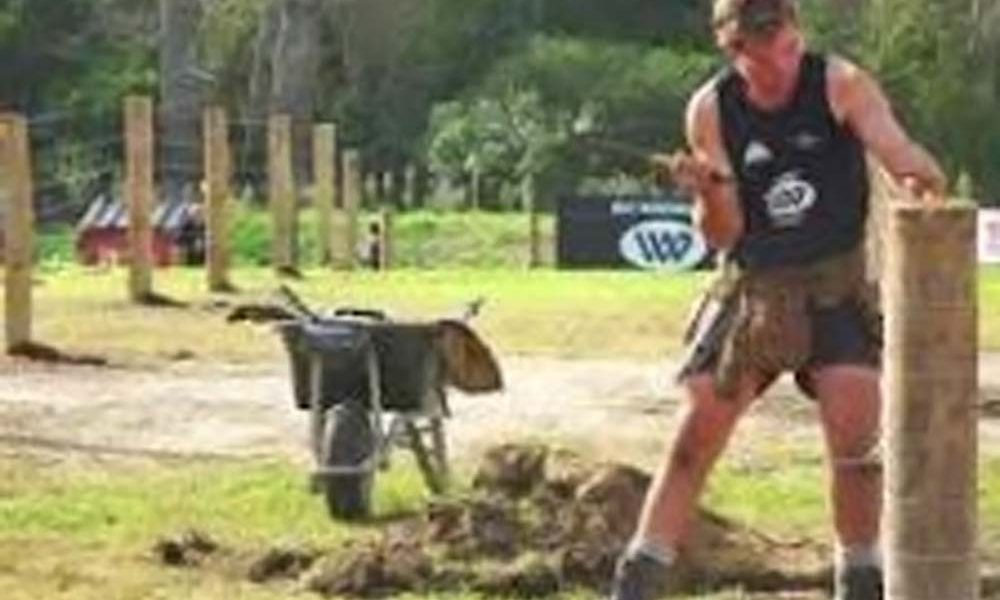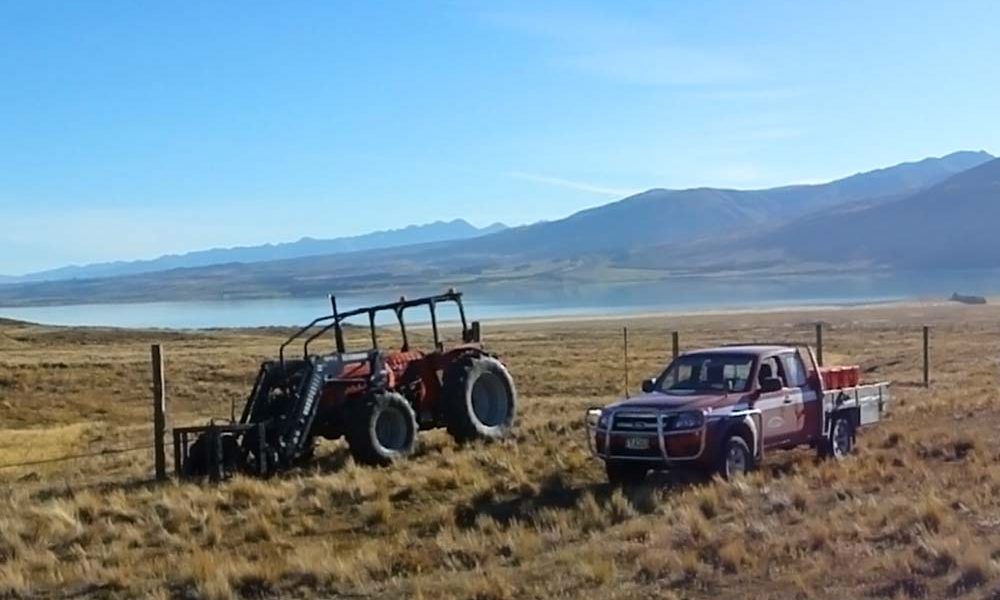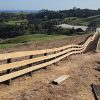
Industry training is not always as easy as it sounds. One of the things we must constantly do as trainers is learn from our experience and strive for improvement. The Certificate of Fencing is no different.
The ongoing restructure of the training organisation that is happening behind the scenes at present, and Te Pukenga reverting back to the individual entities post-elections last year is making it all the more difficult to navigate.
Certificate in Fencing Level 3
One of the inherent problems I have found whilst coordinating the courses is the lack of self-help. Learners struggle to ask for help if they don’t know how to upload photos or videos of their evidence for both Level 3 and Level 4 courses. The tutors are there to aid with this, and I, as the coordinator, can also help with this. The sooner information is loaded into the system, the quicker we can result the courses.
Enrolments into this course have been slow. In order to maintain these courses so they are not lost, we need to have at least one in the North Island and one in the South Island annually. The minimum numbers to make a viable course sits around 10, however, we like to have 12 enrolled as inevitably a couple always withdraw.
Engagement and participation
Trainees need to keep engaged in their own learning and development. We now have more time allocated for trainers to run short online sessions once a week in the evenings to help trainees keep up with their program and form stronger trainer/trainee relationships. The block courses have been altered from 5 two-day practical sessions, to 3 three-day practical sessions, these can be less if the students are up to speed.
The overall enrolment for the courses has grown from 11 in the 2018 pilot to over 50 in the courses run towards the end of 2022 and into 2023. These numbers are dwindling. Across the three courses in Northland, Hawke’s Bay (which will likely be run in the Fielding area) and Christchurch – we have 20 enrolled, but I am struggling to get returned communication from the applicants and align a site or date to start the courses. In the Hawke’s Bay/Gisborne area, we have had people asking for a course there for four years, I just don’t have the uptake to roll one out viably.
Certificate in Fencing Level 4
Level 4 is very consistent in numbers, and we have had two courses run per year in 2023 and 2024, the next cohort is set up to start in February 2025. NorthTec is taking enrolments for this course now, so get your applications in.
The sessions are run online once a week in the evening with the tutor. The course is based on live examples of what you are working on within your, or your employer’s business.
The Level 4 assessment structure is being reviewed at present, and we are trying to tweak a couple of things to open it up to all sectors within the fencing industry, i.e. security and residential. Therefore, the outcomes will be the same but via different business scenarios. Watch this space.
Maintaining momentum
Having the support from the industry, and two-way communication between trainers, trainees and coordinators, will keep the momentum going. If people want courses in specific areas, we can arrange for that to happen, as long as we have at least 10 students to make the courses viable.
Apprenticeships
I am asked often about an Apprenticeship. The biggest issues in allowing fencing to be aligned to an apprenticeship are:
- Both courses have to be completely rebuilt to be Unit Standards rather than Achievement based – this is a 12-month process, minimum.
- Unit standards are a pass or fail. They do not reflect excellence at all.
- What often happens with apprenticeships is the student does the bare minimum to pass, therefore we lose the best practice standards we are aiming to achieve for the industry.
- It is very difficult to reflect a portfolio and evidence-based work for a unit standards based assessment.
- The skills standards framework is being done and will be the next big change – there is uncertainty as to what it will look like, other than it being an amalgamation of unit standards and achievement based assessment.
- The course would be ‘unified’ – giving all other Te Pukenga institutes the ability to grab it and run with it – the industry then has lost control! Unification is a core principle of Te Pukenga.
- ITOs would, at that point, want the course in their portfolio, and it would be run as profitably as possible.
Ongoing Certificate in Fencing course delivery:
- Improving course delivery will just happen, as long as tutors and students are sharing ideas and issues. If you have ideas, please share them.
- Many people don’t understand the work behind the scenes in compliance that needs to be done to run a course. Yes, much of this is what we consider ‘superfluous bullshit’. But it has to be done. The more times the course is run in the same locations, the easier it should become.
- It needs to be remembered that the course can always be ‘overtaught’ – if students/tutors feel something should be added to the course, it will be considered at the next formal review.
- We are unable to take any subject/assessment away from the course until a formal review is undertaken.
As the course stands now and going forward
Courses need more students. NorthTec is collating some ‘good news stories’ to highlight the benefits for employers to get their people trained. If the industry and course providers keep pushing and highlighting the advantages of the Certificate in Fencing qualification through advertising, it’ll happen.
Certified Fencers and Accredited Fencing Contractors will be advertised more and more, and as regulation in certain entities (particularly local government) becomes more prevalent, the more purpose these courses and processes will have.
Written by Donna Upton
National Course Coordinator
Published in WIRED issue 75/December 2024 by Fencing Contractors Association NZ
You may also like: Lack of enrolments place future of fencing NZQA courses at risk
Read WIRED online
Follow us on Facebook
© Fencing Contractors Association NZ (FCANZ)












